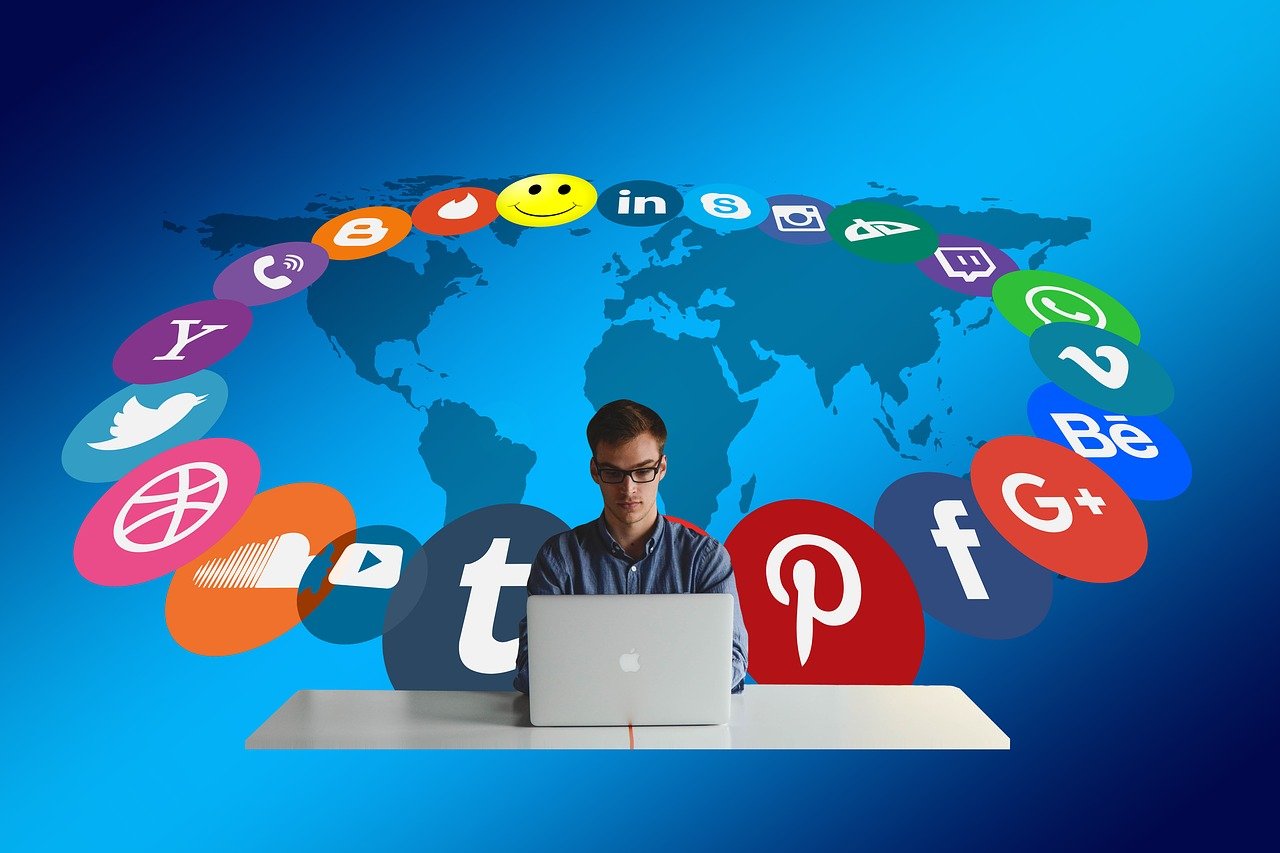Unlocking Medical Expertise:Understanding Clinical Experience in English
Hey there, health enthusiasts and medical professionals! Today, we're diving into a topic that's as crucial as it is often overlooked: clinical experience. But before we get into the nitty-gritty, let's make sure we're all on the same page with what we're talking about. You see, when we discuss clinical experience, we're not just talking about the number of years someone has spent in a white coat. It's about the depth, breadth, and wisdom gained from those years. And to share this knowledge globally, we need to know how to express it in English. So, let's break it down.
The Heart of Clinical Experience
Clinical experience is like the secret sauce that makes a doctor not just good, but great. It's the collection of knowledge, skills, and insights that a healthcare professional gains over time through direct patient care. It's the difference between reading about a condition in a textbook and actually diagnosing and treating it in a real-life scenario.
In English, we often refer to this as "clinical experience" or "clinical expertise." It's a term that encompasses everything from the ability to perform a delicate surgery to the empathy required to deliver difficult news to a patient. It's the combination of technical skills, emotional intelligence, and critical thinking that makes a medical professional truly effective.
Why It Matters
Now, you might be wondering why it's so important to know how to say "clinical experience" in English. Well, consider this: the world of medicine is increasingly global. Doctors, nurses, and other healthcare providers from different countries collaborate on research, attend international conferences, and even work in hospitals abroad. When we can't communicate effectively, we miss out on valuable insights and potentially life-saving knowledge.
Imagine a scenario where a doctor from Spain has developed a groundbreaking technique for treating a rare disease. If they can't explain their clinical experience in English, the language of much of the medical literature, then their discovery might not reach the patients who need it most. That's why it's not just about knowing the words; it's about opening doors to collaboration and advancement in healthcare.
Applications in Everyday Practice
Let's bring it closer to home. Whether you're a medical student writing a research paper, a nurse attending a workshop, or a doctor presenting at a conference, you'll need to articulate your clinical experience. It's not just about saying "I have 10 years of experience"; it's about describing what you've learned and how you've grown in those years.
For instance, instead of saying, "I have seen many cases of diabetes," you might say, "Over my decade of clinical experience, I've managed a diverse range of diabetes cases, from type 1 to type 2, and I've observed the impact of various treatment protocols on patient outcomes." This not only shows your breadth of experience but also your depth of understanding.
The Impact of Clear Communication
Clear communication about clinical experience can have a profound impact. It can help patients trust their healthcare providers, as they understand the depth of knowledge and skill behind the care they receive. It can also foster a culture of learning and improvement within medical teams, as each member can share their unique experiences and insights.
Moreover, when we can effectively communicate our clinical experience, we can also advocate for better patient care. We can use our experiences to argue for changes in policy, to develop new protocols, and to educate others about best practices.
Wrapping Up
In conclusion, "clinical experience" is more than just a phrase; it's a testament to the journey of a healthcare professional. It's the stories of triumphs and challenges, the lessons learned, and the patients touched. By understanding and effectively communicating this in English, we not only enrich our own practice but also contribute to a global community of healthcare providers working together for a healthier world.
So, the next time you're asked about your clinical experience, remember that you're sharing a piece of your medical journey. And who knows, your story might just be the key to unlocking a new treatment or a better understanding of a disease. That's the power of clinical experience, and that's why it's so important to get it right in English.





